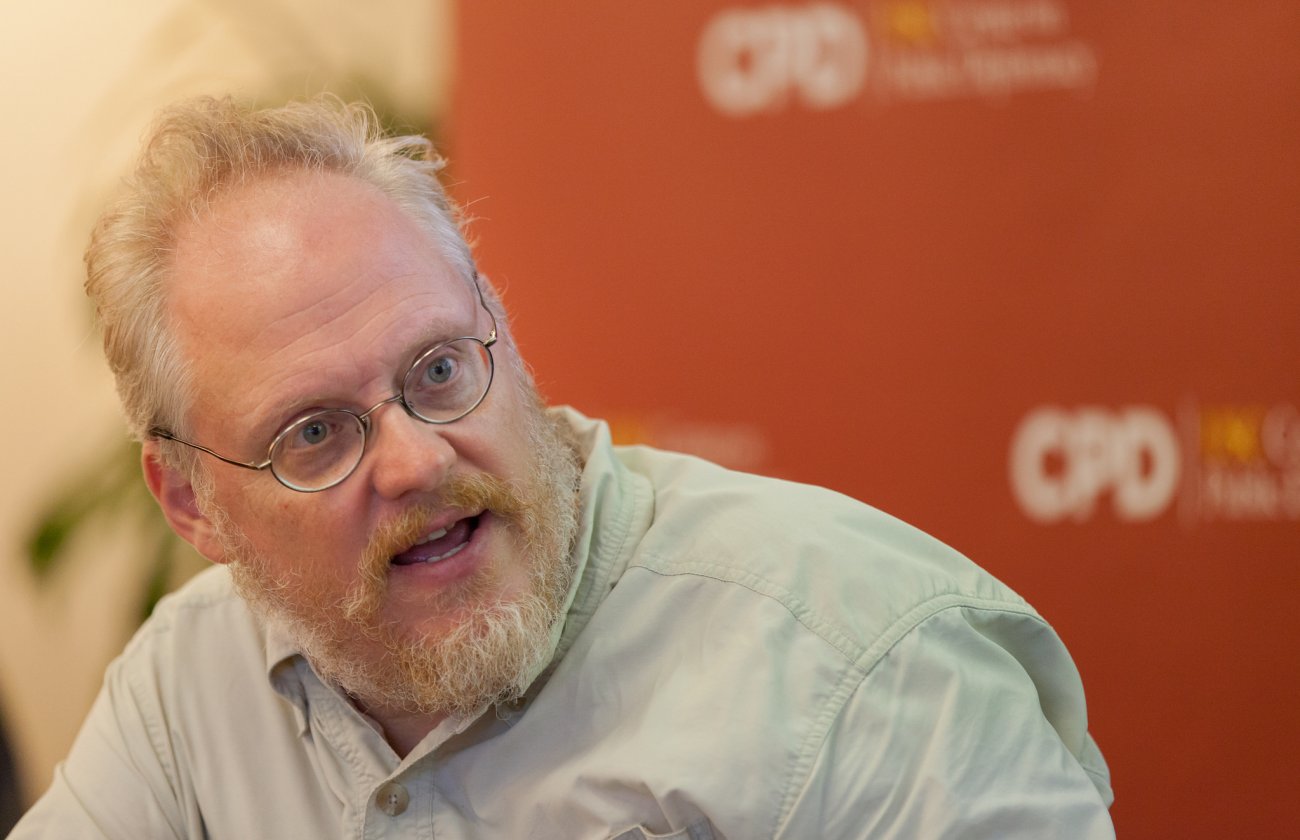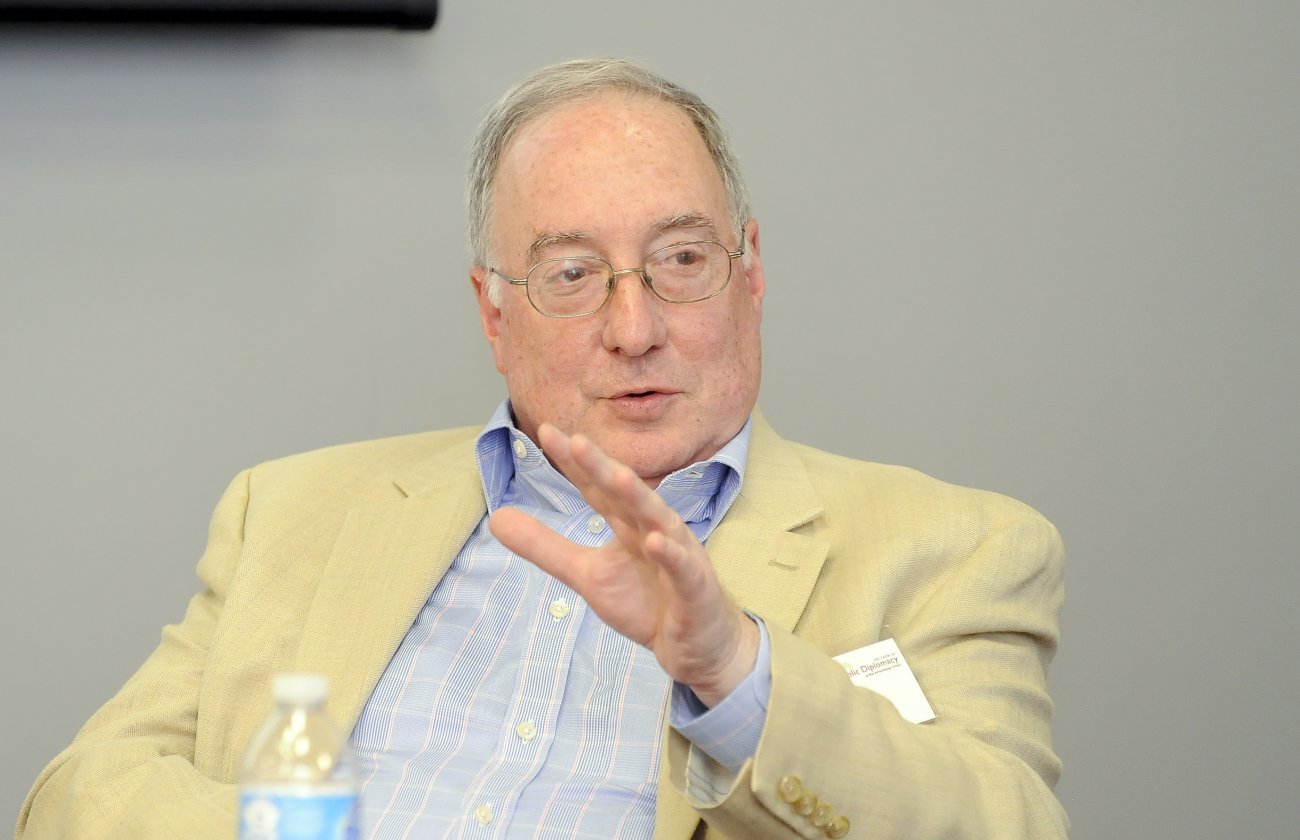USC Annenberg Vice Dean Philip Seib has co-edited a new book, “Turkey’s Public Diplomacy,” published this month by Palgrave Macmillan. Though Seib, who teaches journalism and public diplomacy at USC Annenberg as well as international relations, has authored and edited numerous books on public diplomacy previously, this latest publication is notable as it is the first detailed English-language study of Turkey’s public diplomacy.
The book aims to evaluate Turkey’s relations with Iran, Kurdistan, and the European Union, among other entities, in order to increase its influence and create a reputation as an ally.
Seib said there are several factors that make a conversation about Turkish public diplomacy so important at this point in time.
“It’s a large country in an unstable region,” Seib said. “Several years ago, Turkey tried to get into the EU and the EU turned it down, ostensibly for economic reasons. It was also a concern that if you let this big Muslim country to into the EU it could perhaps be destabilizing in some ways to the rest of the EU, so you take all of that together and you’ve got a very important and controversial country.”
As opposed to traditional diplomacy, which describes government to government communication, public diplomacy is the communication between a government and a foreign public through broadcasting, cultural and educational exchanges, and service projects such as the Peace Corps.
“Public diplomacy is particularly important in an era where a lot of people are using social media to get a lot of information,” Seib said. “To many governments it’s of increasing importance, and Turkey is one of those governments.”
Along with co-editor B. Senem Çevik, an assistant professor at Ankara University in Turkey, Seib spent about a year contacting researchers and compiling the text for the book. Çevik is currently in the process of writing and editing a book in Turkish about the same topic, and is also planning to give talks on “Turkey’s Public Diplomacy” in the near future.
Seib will travel to Istanbul to speak about the book in January, and while “Turkey’s Public Diplomacy” may be used in classrooms at some point, Seib said it will likely be utilized most in libraries, research institutions and foreign ministries.
“The diplomatic community has already expressed interest in it,” Seib said. “Everybody knows Turkey is important, so anything particularly in English that comes out about Turkey, there are a lot of people who are going to find that interesting.”








